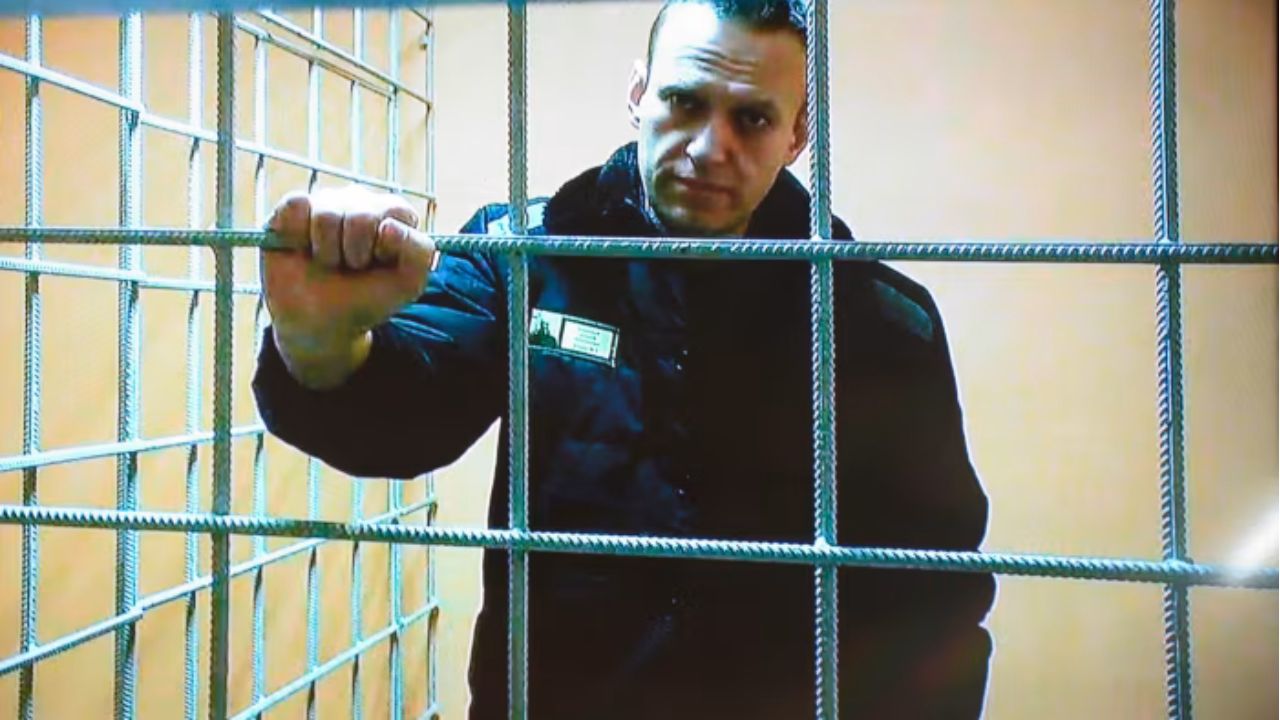Russian opposition leader Alexei Navalny battled a long lasting campaign to drive Vladimir Putin from the Kremlin. His campaign appeared destined from the begin, but he got closer than numerous activists some time recently him.
Alexei Navalny: A New Kind of Opposition Leader
Alexei Navalny, who has died in a Siberian jail matured 47, was a modern kind of opposition leader who was able to mobilize a era of more youthful Russians. He conducted an progressing campaign against Russian President Vladimir Putin, whom he faulted for the vast amount of corruption in Russia.
It was not a reasonable battle, and Navalny was at a clear restriction. Be that as it may, he was able to attain much more than numerous other opposition leader of the past. He was able to strike Putin in his sore spots, by making humiliating disclosures and by utilizing his “smart voting” methodology, with which he attempted to deny the president’s Joined together Russia party of votes. The Kremlin moreover battled to contain the dissents that he organized, which pulled in tens of thousands, some of the time more, out onto the lanes. Read More
Surviving Novichok Poisoning
The year 2020 stamped a exceptional turning point for Alexei Navalny. It was the year he survived being harmed with the nerve specialist Novichok. After getting lifesaving treatment in Germany, he denounced Russia’s Government Security Benefit, the FSB, and Putin by and by, of endeavoring to kill him. In spite of the dangers, he chosen to return to Russia when he had recuperated. He was captured promptly and sentenced to imprison. This incited an worldwide objection and a few spectators indeed compared the anti-corruption dissident to “a Russian Nelson Mandela.”
Alexei Navalny’s passing marks a modern chapter in Russian history. The nation has misplaced its most grounded restriction figure, one who was able to appear that it is possible to stand up to the Kremlin, indeed from imprison. But the predetermination of Mandela, who went on to be his country’s president after his discharge, has been denied to Navalny.
Russian State Media Coverage of Alexei Navalny’s Reported Death”
In the wake of reports on Alexei Navalny’s alleged death, the lens through which Russian state media portrays the situation is revealing. Contrary to the widespread coverage and expressions of concern seen on social media platforms like X (formerly Twitter) and Telegram, Russia’s major state TV channels initially offered minimal airtime to the news, reflecting a consistent trend of sidelining government critics.
On channels like Channel One and Rossiya 1, where viewership is highest in Russia, Navalny’s reported demise received delayed and perfunctory mentions. Crucially, these reports lacked contextual information about Navalny’s significance and the circumstances surrounding his imprisonment. This stark contrast underscores the controlled narrative propagated by state media.
Even attempts by liberal politicians to express condolences on Navalny’s death were swiftly shut down on certain programs, emphasizing the deliberate avoidance of acknowledging his oppositional stance.
Meanwhile, on social media, particularly platforms like X and Telegram, Navalny’s reported death garnered significant attention, with posts receiving widespread engagement. The outpouring of incredulity and sadness from figures sympathetic to Navalny’s cause highlights the impact of his activism and the deepening polarization within Russian society.
However, amidst expressions of concern, pro-government figures sought to deflect blame and cast doubt on the circumstances surrounding Navalny’s reported death. Margarita Simonyan of RT dismissed Western reactions, insinuating ulterior motives and suggesting Navalny’s waning relevance. Such rhetoric aims to undermine the credibility of external scrutiny and maintain domestic control over the narrative.
Moreover, speculations about Navalny’s demise being an “accident” or “terrible sabotage” by Anatoly Kuzichev and others serve to obfuscate accountability and sow doubt about the circumstances.
Russian Foreign Ministry spokeswoman Maria Zakharova’s critique of Western leaders’ swift responses underscores the geopolitical tensions underlying Navalny’s case, portraying the West as eager to exploit the situation for its own agenda.
In summary, the contrasting coverage between Russian state media and social media platforms reveals the complexity of narratives surrounding Navalny’s reported death. While state media downplays the event and deflects blame, social media amplifies expressions of concern and skepticism, reflecting the divergent perspectives shaping the discourse both within Russia and on the international stage.
